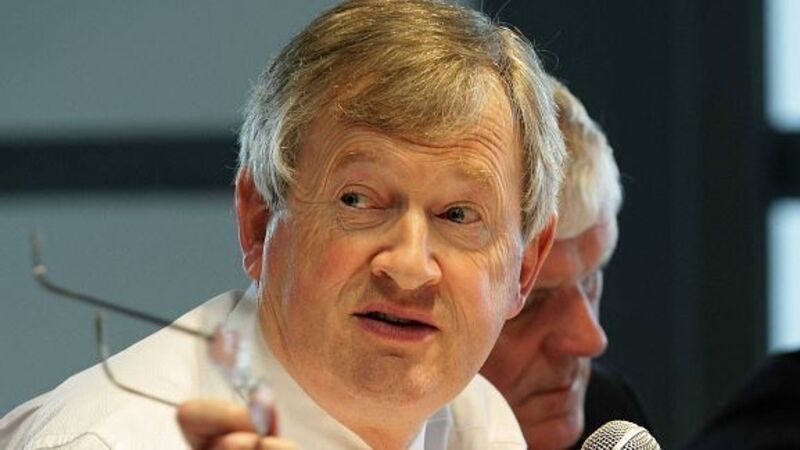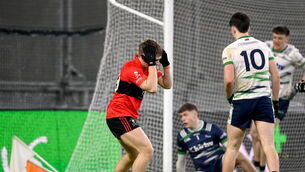Duffy remaining steadfast on sideline personnel rule change

The Gaelic Games Doctors Association (GGDA) met last Saturday where anger was expressed among members about the limit of one team medic on the sideline. Since then, a communication development has given doctors cause to be more optimistic about a relaxing of the stipulation and both a physio and a doctor being permitted to be stationed at pitch-side.
However, Duffy, who defended GAA president Liam O’Neill in the wake of heavy criticism from Kilkenny selector Martin Fogarty in the Irish Examiner last week, maintained there will be no amendment.














